Table of contents
- How Did the Classification of Cannabis Begin?
- What Do Indica and Sativa Plants Look Like?
- How Do Indica and Sativa Affect the Body and Mind?
- How Do Hybrid Strains Fit into the Indica vs Sativa Debate?
- What About Cannabis Ruderalis?
- How Do THC and CBD Influence the Difference Between Indica and Sativa?
- What Role Do Terpenes Play in Cannabis Effects?
- How Has Selective Breeding Changed Cannabis Over Time?
- How Can You Choose the Right Cannabis Type for Your Needs?
- Why Is Understanding Cannabis Types Important?
- What Does the Future of Cannabis Classification Look Like?
- Conclusion: How Can Understanding Indica and Sativa Improve Your Cannabis Experience?
- Works Cited
Understanding the difference between indica and sativa is one of the first steps for anyone exploring cannabis for either recreational or medical use. These two cannabis types, along with hybrid strains, are the most commonly discussed categories in the cannabis industry. Each type offers unique characteristics, effects, and benefits.
Whether you are curious about how indica and sativa plants differ in their appearance, effects, or THC and CBD content, this guide will help you understand how each type influences the body and mind. By the end, you will be better equipped to make informed choices about cannabis products from trusted sources like Canapuff.
How Did the Classification of Cannabis Begin?
The origins of cannabis indica and cannabis sativa date back hundreds of years. Early botanists, including Carl Linnaeus and Jean-Baptiste Lamarck, began classifying cannabis plants based on leaf morphology, growth patterns, and geographic origin.
- Cannabis sativa was first described as a tall, thin-leaved plant from Europe and Western Asia.
- Cannabis indica, on the other hand, was identified as a shorter, bushier plant from regions like India and Afghanistan.
This classification was based mainly on physical traits long before modern cannabinoid research revealed how THC and CBD content actually drive the psychoactive effects and therapeutic effects of cannabis strains.
Over time, cannabis systematics evolved as scientists discovered genetic overlap between indica plants, sativa plants, and ruderalis plants, leading to new cannabis hybrids that blur traditional lines.
What Do Indica and Sativa Plants Look Like?
The given cannabis plant can display many differences depending on its classification. Indica and sativa plants differ not only in their effects but also in their appearance and growth behavior.
Indica Plants Tend To:
- Grow shorter and denser
- Have dark green leaves with broader blades
- Flower more quickly
- Thrive in cooler climates
Sativa Plants Tend To:
- Grow tall and slender
- Have lighter, thinner leaves
- Take longer to mature
- Prefer warmer environments
These distinctions helped cannabis growers identify the best plant types for specific conditions and purposes. Today, modern cultivation and selective breeding have created new and unique strains that blend both sativa traits and indica traits for specialized effects.
How Do Indica and Sativa Affect the Body and Mind?
When people compare indica vs sativa, the conversation often revolves around how each makes them feel. Though not absolute, general patterns exist.
Indica Effects
Indica strains tend to produce relaxing, full-body sensations. Many users describe them as having sedative effects, ideal for unwinding or promoting sleep.
Common benefits include:
- Pain relief and chronic pain management
- Reducing anxiety and tension
- Helping with headache pain
- Calming the nervous system
Because of these therapeutic effects, indica dominant varieties are often recommended for evening use or for those using medical cannabis to manage discomfort.
Sativa Effects
Sativa plants tend to deliver more uplifting, cerebral results. These strains are commonly associated with increased energy, focus, and enhancing creativity.
Potential benefits include:
- Boosting mood and motivation
- Improving social engagement
- Supporting productivity and concentration
- Helping combat fatigue
That is why sativa dominant types are often favored during the daytime.
How Do Hybrid Strains Fit into the Indica vs Sativa Debate?
With advancements in cannabis breeding, many modern cannabis strains no longer fit neatly into just "indica" or "sativa." Instead, they are hybrid strains, developed by crossing parent plants to combine desirable traits from both sides.
- Balanced hybrids deliver a mix of physical relaxation and mental stimulation.
- Indica-dominant hybrids lean more toward calming and body-focused effects.
- Sativa-dominant hybrids often boost creativity while maintaining mild relaxation.
This blending of genetics allows cannabis cultivars to produce unique strains tailored to specific needs, whether it is pain relief, relaxation, or focus.
What About Cannabis Ruderalis?
Less commonly discussed, cannabis ruderalis is another type of cannabis plant native to colder, harsher regions like Eastern Europe and Russia.
Key characteristics of ruderalis plants include:
- Small size and limited THC content
- Naturally auto-flowering regardless of light cycles
- Useful for crossbreeding with indica or sativa
While ruderalis alone offers limited psychoactive effects, it plays an essential role in creating cannabis hybrids that grow faster and more efficiently.
How Do THC and CBD Influence the Difference Between Indica and Sativa?
Although leaf morphology and appearance are part of the picture, only a biochemical assay can reveal the true nature of a specific strain. The THC and CBD content determine how a strain interacts with the nervous system.
- THC predominant strains tend to deliver stronger psychoactive effects, a characteristic often associated with sativa genetics.
- CBD content is typically higher in indica strains, which are more popular for medical marijuana use due to their sedative effects and pain relief potential.
However, modern cannabis and cannabinoid research shows that the entourage effect, the combined influence of cannabinoids, terpenes, and flavonoids, plays a major role in each strain's medicinal efficacy.
What Role Do Terpenes Play in Cannabis Effects?
Cannabis terpenes are aromatic compounds responsible for the scent and flavor of cannabis plants, but they also contribute to the plant's effects.
For example:
- Myrcene is common in indica plants and known for sedative effects.
- Limonene often appears in sativa plants, offering uplifting and stress-relieving sensations.
- Pinene and linalool contribute to unique sensory experiences and may influence relaxation or focus.
Recent cannabinoid research explores how terpene synthase genes affect the overall chemical profile of a cannabis strain, helping explain why two strains with similar THC content can feel so different.
How Has Selective Breeding Changed Cannabis Over Time?
Thanks to selective breeding, cannabis growers can now create new and unique strains with highly targeted effects. Breeders mix sativa vs indica genetics to refine traits such as:
- Growth rate and resilience
- THC and CBD content
- Flavor and aroma profiles
- Adaptation to specific climates
This scientific approach has transformed the cannabis industry, producing cannabis varieties that deliver consistent results for medical history-based treatments and lifestyle preferences.
How Can You Choose the Right Cannabis Type for Your Needs?
Choosing between indica vs sativa depends on your personal goals and desired effects. Consider the following:
- For relaxation, stress relief, or sleep: Choose indica strains or indica dominant hybrids.
- For focus, motivation, or creativity: Try sativa strains or sativa dominant hybrids.
- For balanced effects: Explore hybrid strains.
If you are exploring cannabis plant based edibles or products, options like THC brownies, THC gummies, THC liquids, THC shots, or THC chocolate from Canapuff make it easy to find the right form and potency for your comfort level.
Why Is Understanding Cannabis Types Important?
Understanding cannabis types helps you:
- Predict how a strain might affect your nervous system
- Choose suitable options for pain relief or reducing anxiety
- Avoid strains that do not align with your goals
- Appreciate the genetic variation among cannabis cultivars
The more informed you are about indica and sativa, the more likely you are to experience the desired therapeutic effects safely and effectively.
What Does the Future of Cannabis Classification Look Like?
As cannabinoid research continues, experts are beginning to move away from simple labels like "indica" or "sativa." Instead, they focus on the biochemical profile, terpene content, and genetic variation of each specific strain.
In the future, the indica vs sativa framework may evolve into a more precise system based on chemical composition rather than physical traits. This change will benefit both cannabis growers and consumers seeking reliable and predictable results.
Conclusion: How Can Understanding Indica and Sativa Improve Your Cannabis Experience?
Knowing the difference between indica and sativa gives you a clear roadmap for personalizing your cannabis use. Whether you are seeking relaxation, pain relief, or enhancing creativity, each cannabis strain has a purpose.
The key is exploring safely, learning how your body responds, and choosing trusted, lab-tested cannabis products from reputable sources like Canapuff.
Ready to Find the Right Cannabis Experience for You?
Explore premium THC products including THC brownies, THC gummies, THC liquids, THC shots, and THC chocolate at Canapuff.com.
Works Cited
American Botanical Council. Cannabis Systematics: Evolution, Classification, and Nomenclature. ABC Press, 2022.
National Center for Complementary and Integrative Health. "Cannabis (Marijuana) and Cannabinoids: What You Need to Know." U.S. Department of Health and Human Services, 2023.
Russo, Ethan B. "The Case for the Entourage Effect and Conventional Breeding of Clinical Cannabis: No 'Strain,' No Gain." Frontiers in Plant Science, vol. 9, 2018, pp. 1-8.
U.S. National Library of Medicine. "Cannabis and Cannabinoids: Pharmacology, Toxicology, and Therapeutic Potential." NIH Publications, 2024.
World Health Organization. Cannabis: Health and Policy Considerations. WHO Press, 2023.



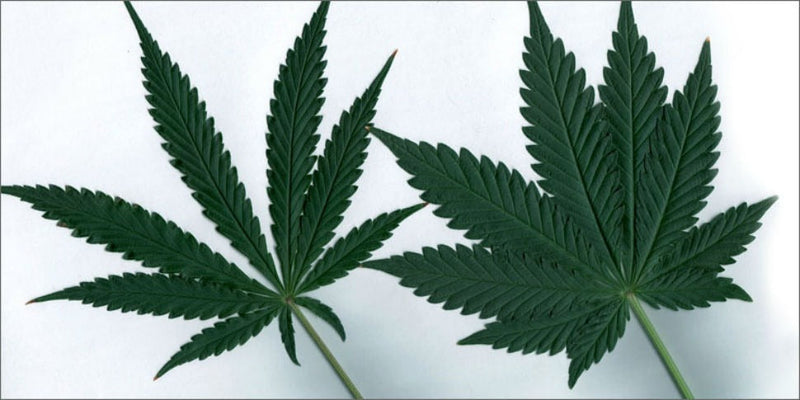

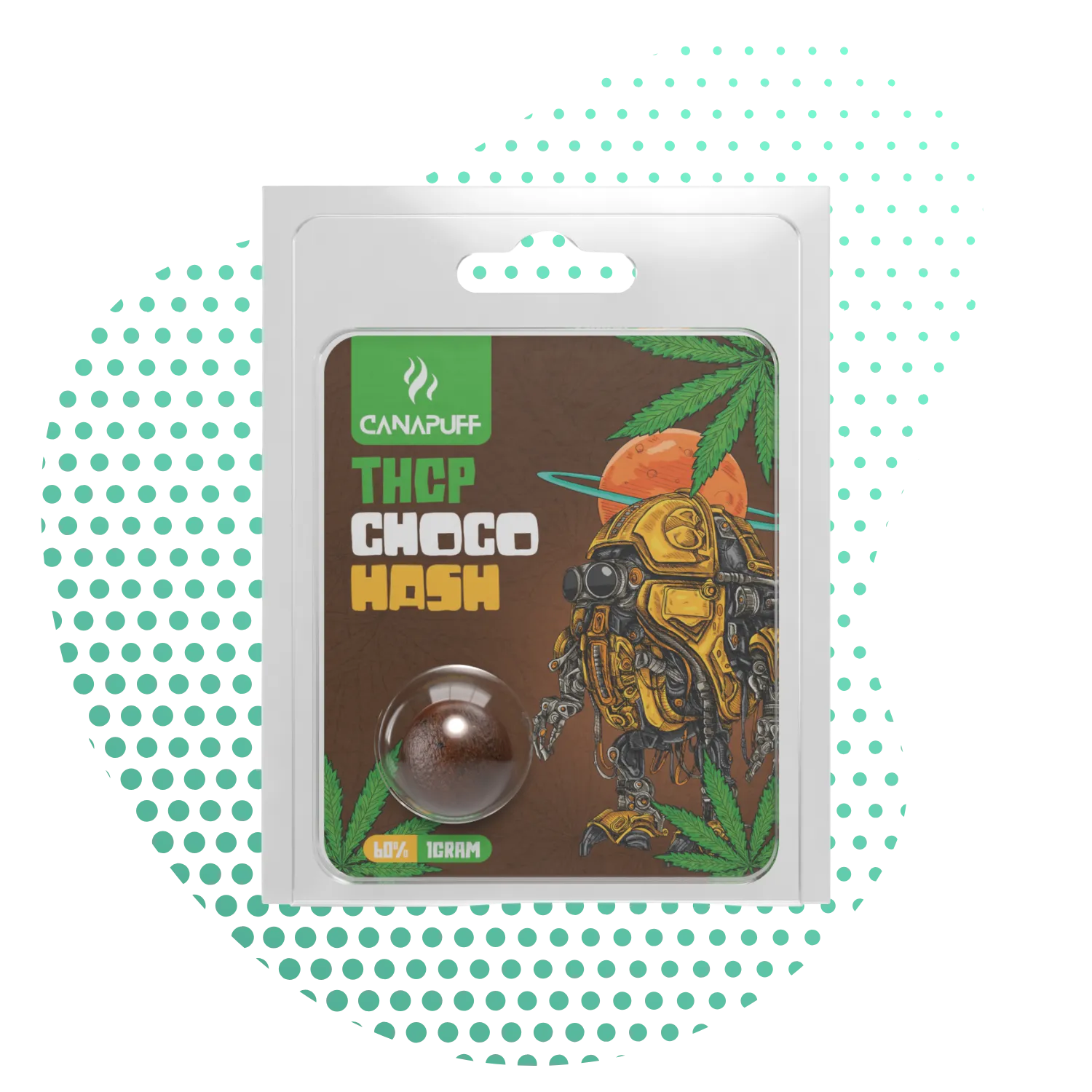


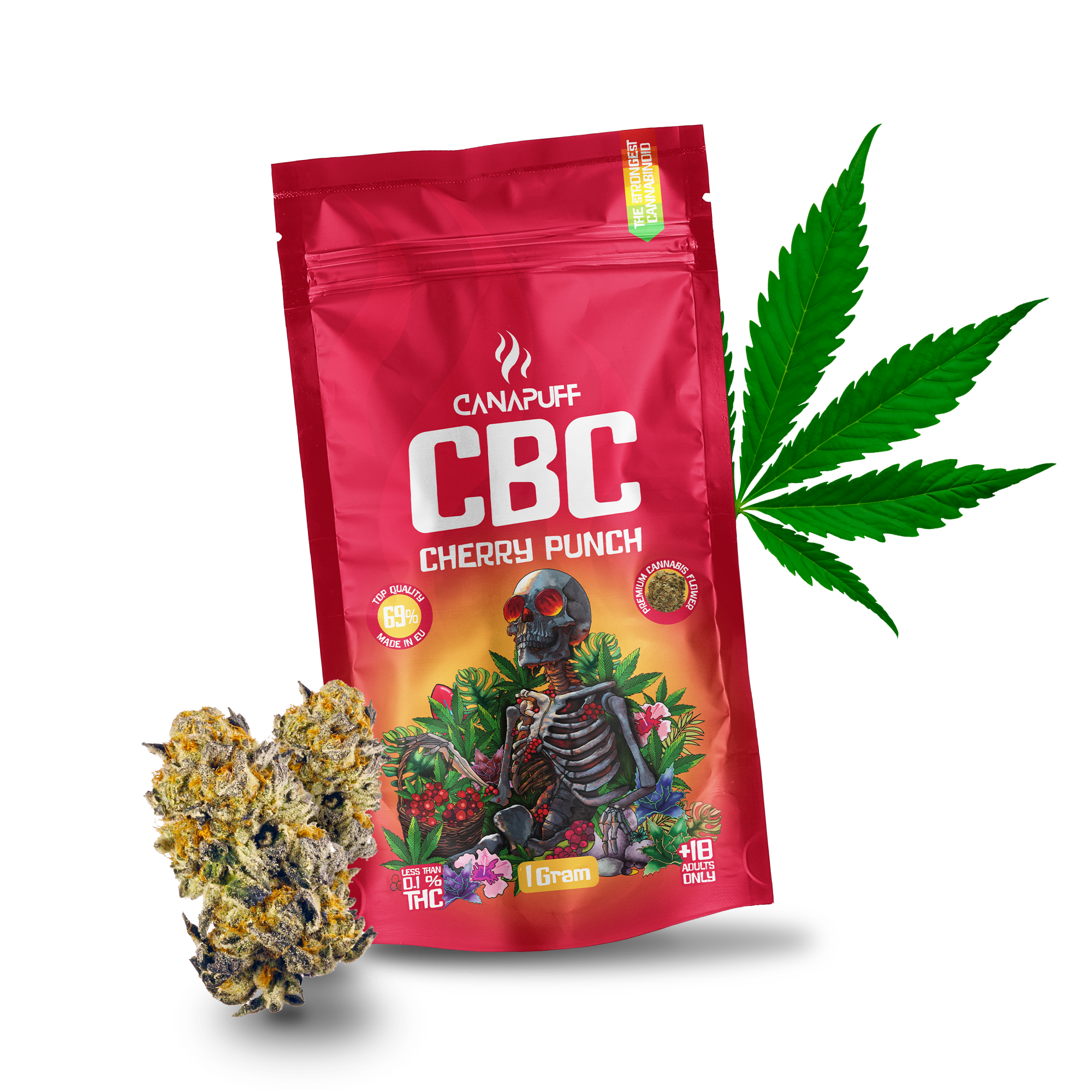


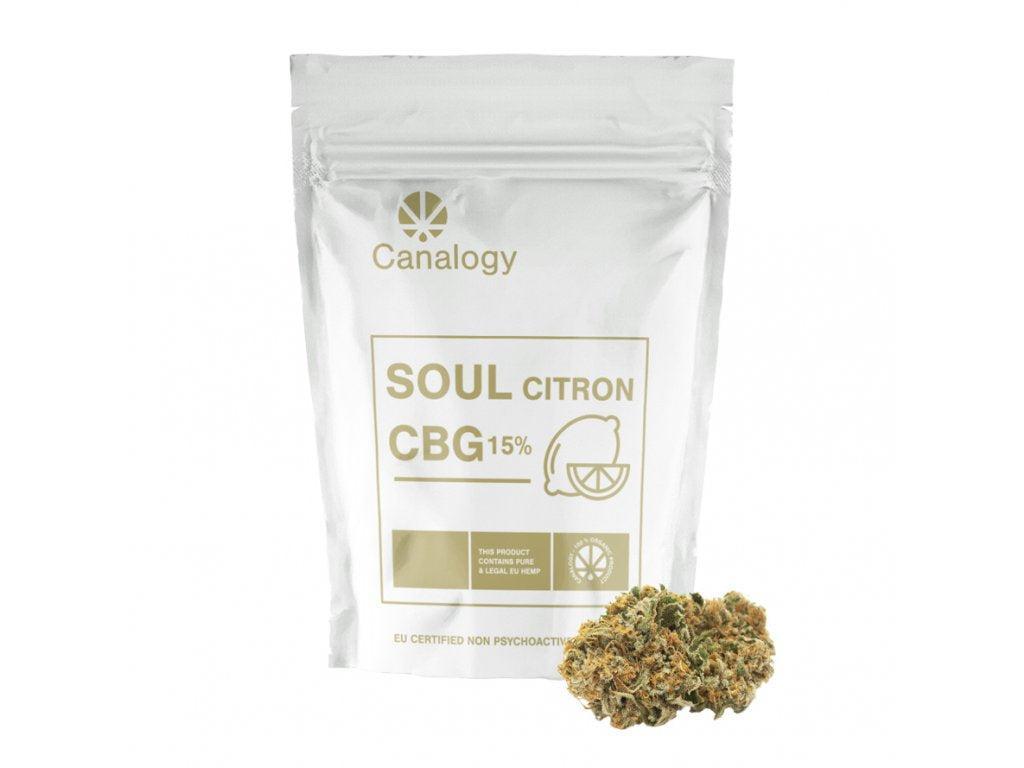

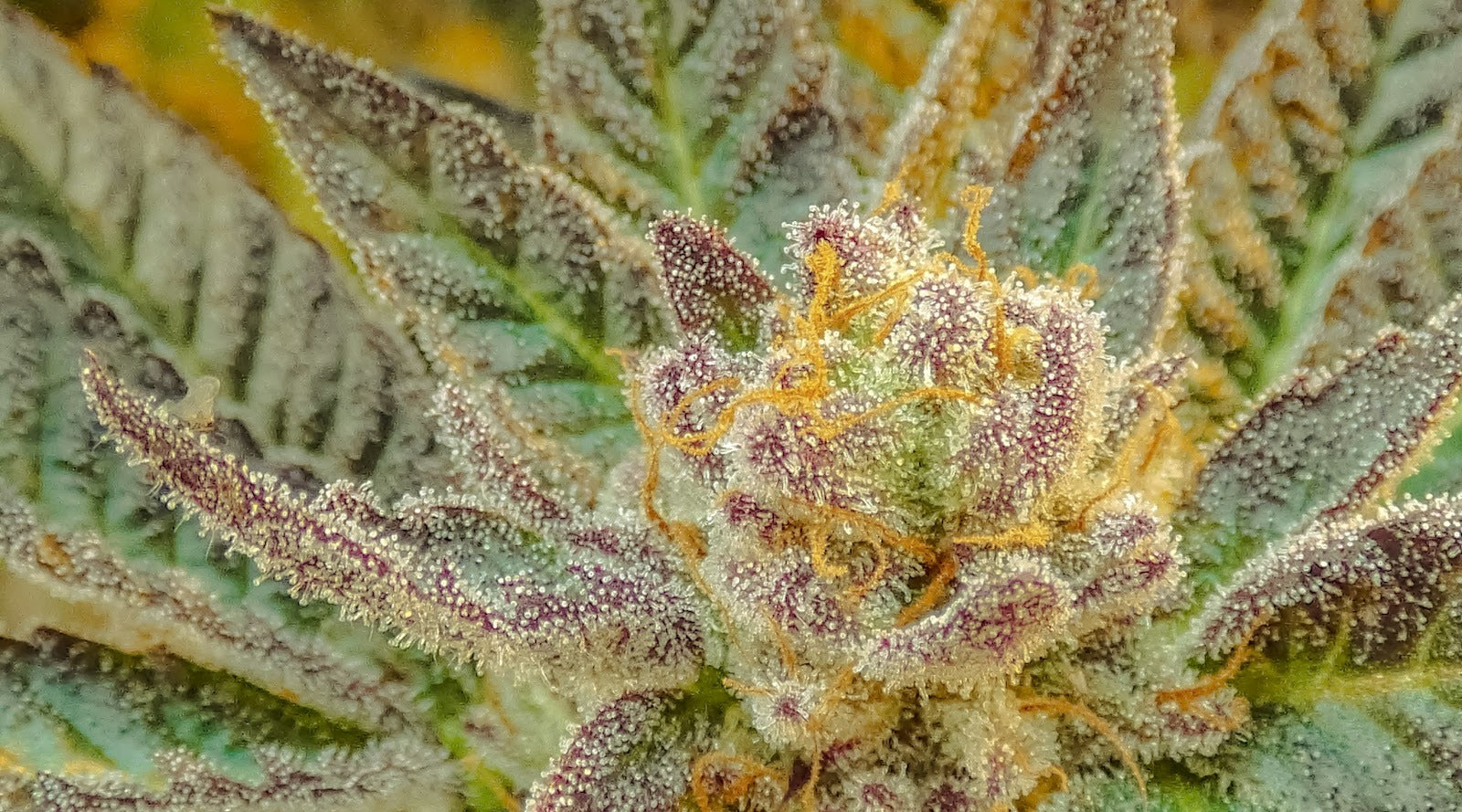

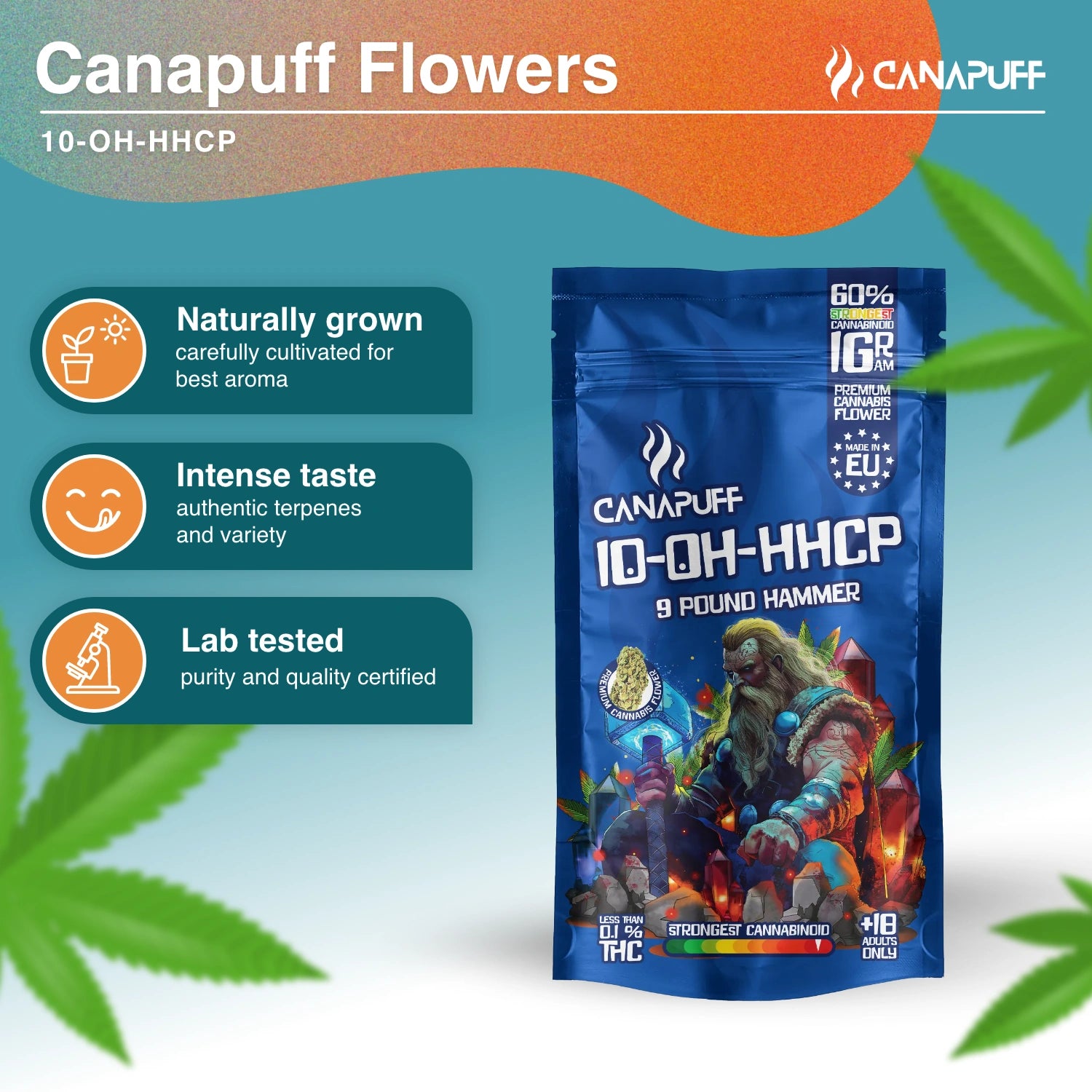









Leave a comment
This site is protected by hCaptcha and the hCaptcha Privacy Policy and Terms of Service apply.